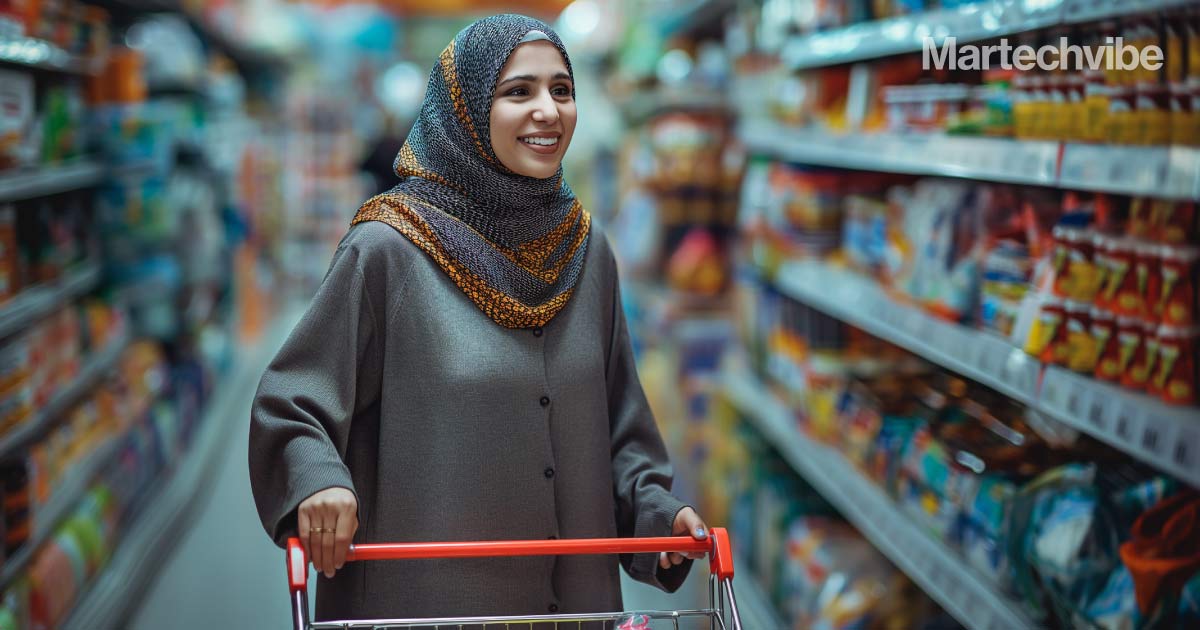Over Half of Indonesians Identify as Need-Based Shoppers
Fewer Indonesians make purchase decisions driven by trends, impulse buying, or the desire to be the first to try new products.
Topics

More than half of Indonesians (52%) identify as need-based shoppers, with brand-loyal consumers (38%), price-sensitive shoppers (34%), and quality-focused buyers (30%) following in distant second, third, and fourth places, according to YouGov.
YouGov categorised consumers into distinct personalities: minimalist, need-based, environmentally conscious, socially conscious, quality-focused, brand loyal, trend-driven, price-sensitive, convenience-driven, impulse buyer, early adopter, and experiential consumer—each reflecting unique behaviours and motivations.
YouGov’s data shows that Indonesian women surpass men in need-based consumption, with 54% of women identifying as necessity-driven compared to 49% of men. Women also lead in brand loyalty (40% vs. 37%), price sensitivity (39% vs. 29%), and quality focus (31% vs. 28%).
Indonesian men, on the other hand, are slightly more inclined towards minimalism, with 25% identifying as minimalist consumers compared to 23% of women. They also exhibit more impulsive buying behaviour, with 13% of men identifying as impulse buyers versus 10% of women. Additionally, men are more likely to consider themselves socially conscious consumers (15% vs. 11%).
Interestingly, YouGov’s data also highlights a segment of consumers striving for more mindful consumption, a group that may be driving the trend of underconsumption.
A quarter of respondents (25%) reported owning fewer possessions in the past 12 months and adopting mindful consumption, identifying as minimalist consumers according to the survey.
The survey also provided insights into overconsumption among Indonesian consumers, revealing that fewer Indonesians make purchase decisions driven by trends, impulse buying, or the desire to be the first to try new products.
According to the survey, only one in ten Indonesians (12%) consider themselves impulse buyers, with even fewer identifying as early adopters (7%) or being driven by trends (7%).
Meanwhile, pulse chasers (trend-driven shoppers, impulse buyers, and early adopters) are often scrutinised in discussions about overconsumption. However, they play a crucial role as brand advocates, driving positive word-of-mouth. YouGov’s data suggests that post-purchase regret and a more thoughtful approach to consumption may shape their shopper personality.
Half of pulse chasers (51%) report frequently regretting impulse-driven, trend-fueled purchases over the past year. More men (17%) than women (11%) experienced this regret very often. Among those without regrets, men lead women (10% vs. 7%).
Additionally, 37% of pulse chasers report regretting their purchases somewhat often, while an equal 37% regret them not very often. However, women (43%) are more likely than men (32%) to feel regret somewhat often.
YouGov also explored the financial impact of these purchases on consumers. The survey revealed that over a quarter (27%) of respondents spent between Rp 200,001 and Rp 400,000 on impulse-driven, trendy purchases over the last year. More than two in ten (23%) spent under Rp 200,000, while 31% spent over Rp 600,000.
Nearly four in ten (39%) have reduced their spending and purchased fewer items in the last 12 months, while 38% report no change. About a quarter (23%) have increased their spending.
The data also revealed that pulse chasers who reduced their spending cited becoming more mindful of their purchases as a key reason.
Among pulse chasers who reduced their spending in the last 12 months, 44% cite being more thoughtful about their purchases and focusing on necessity. For 21%, budget-consciousness and deal-hunting were key factors, while 19% opted for buying fewer items in favour of higher quality.
Meanwhile, a smaller proportion (15%) are motivated by the desire to reduce the environmental impact of their purchases.
“Brands must recognise that even some of their most enthusiastic, vocal customers are evolving to be more discerning. As consumers sharpen their focus on the environmental impact of their purchases, product quality, and budget mindfulness, brands must adapt to these shifting expectations to remain relevant and trusted,” YouGov wrote.









































































































